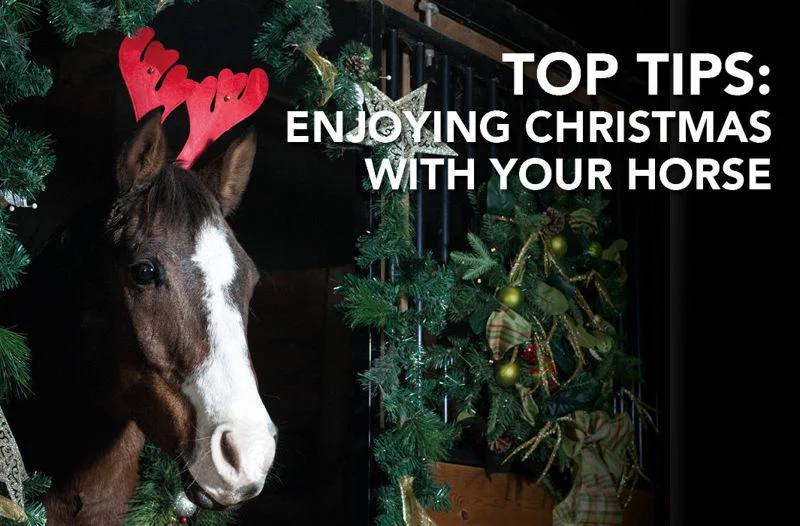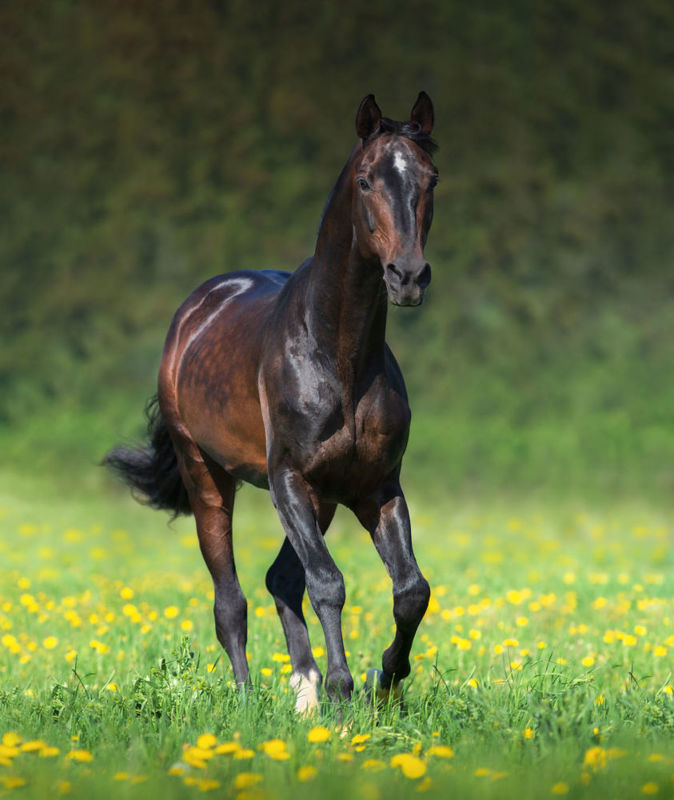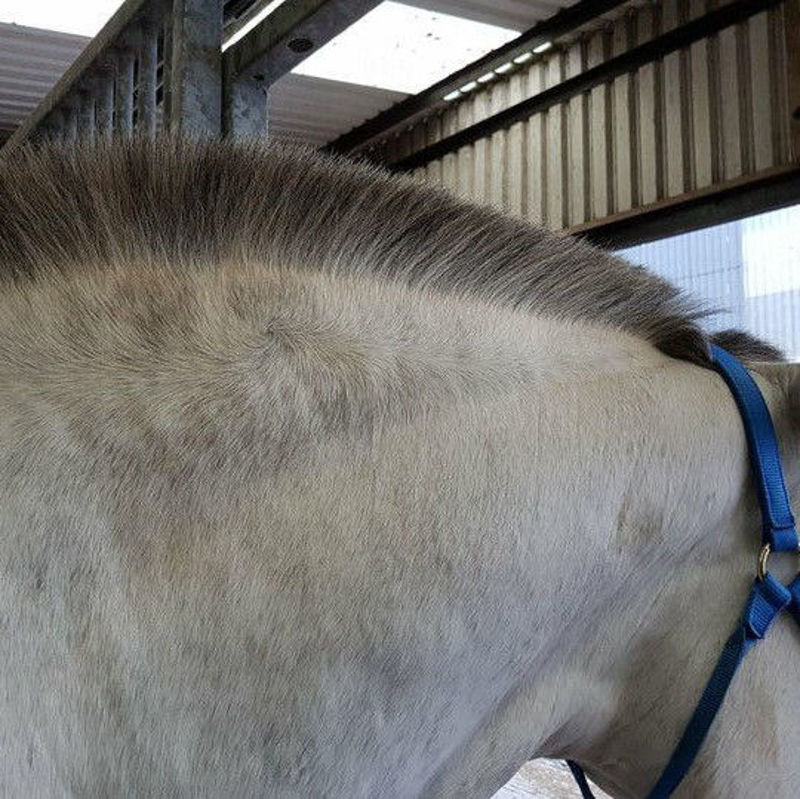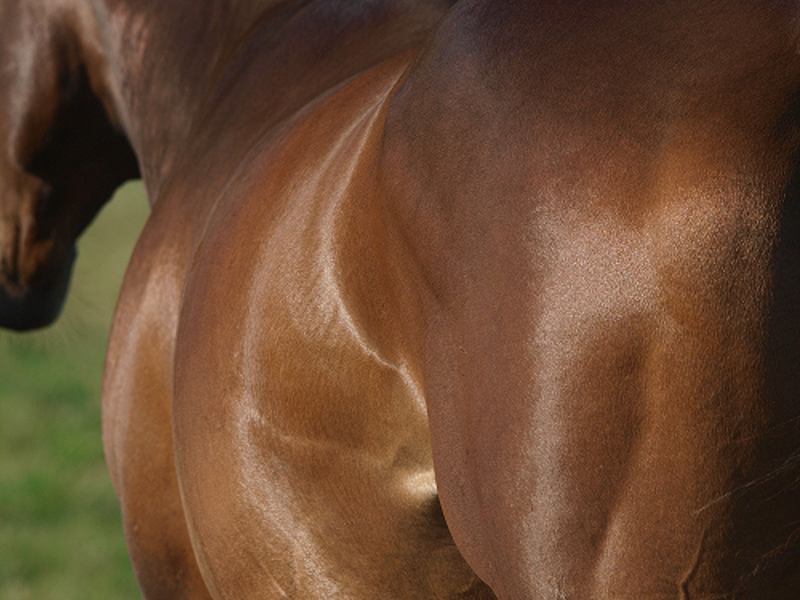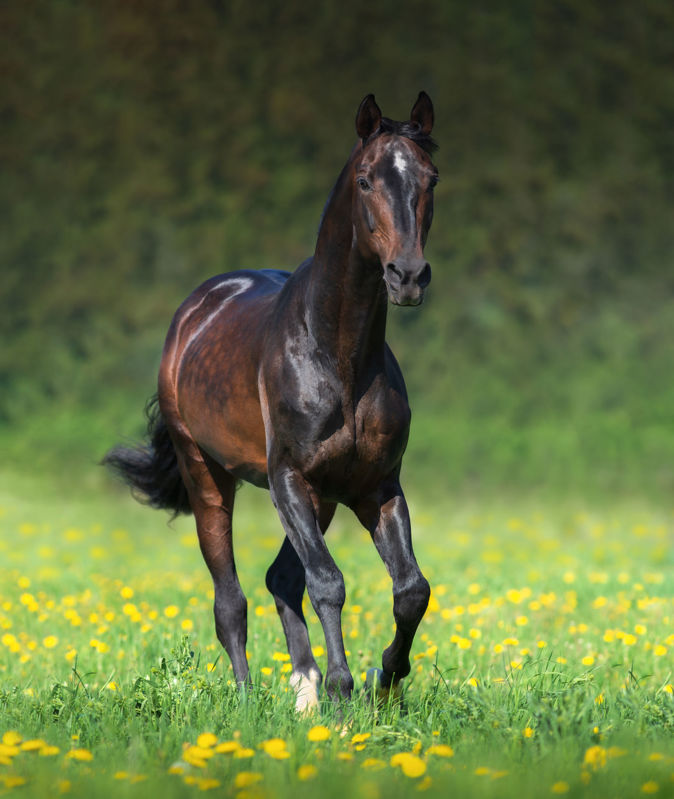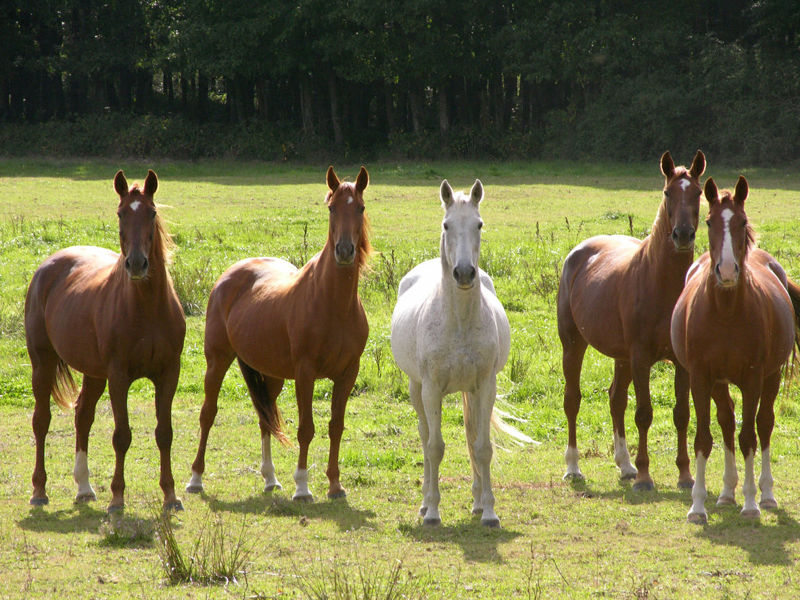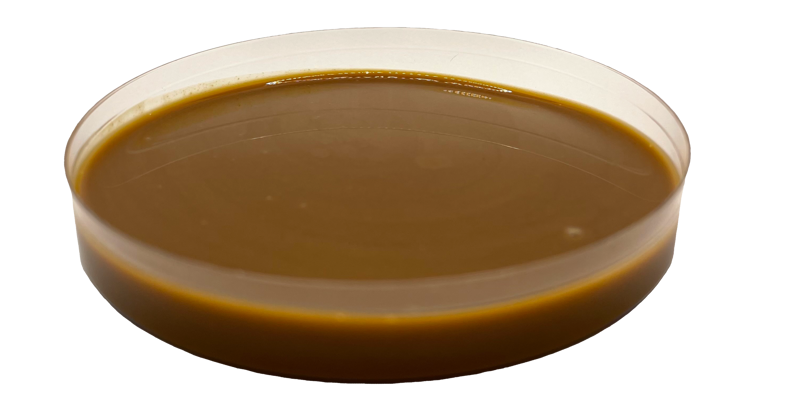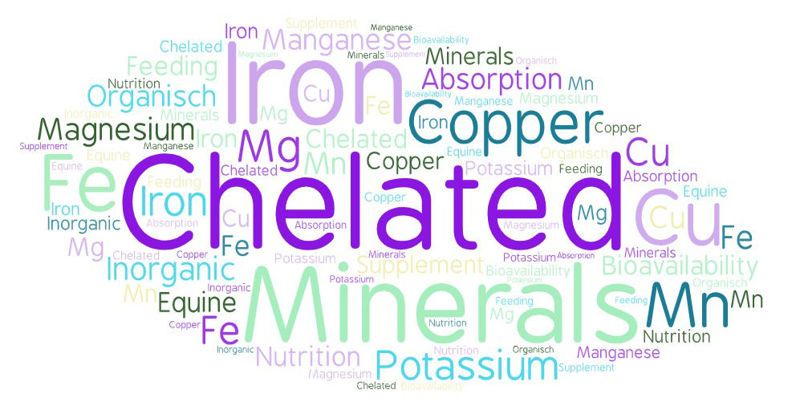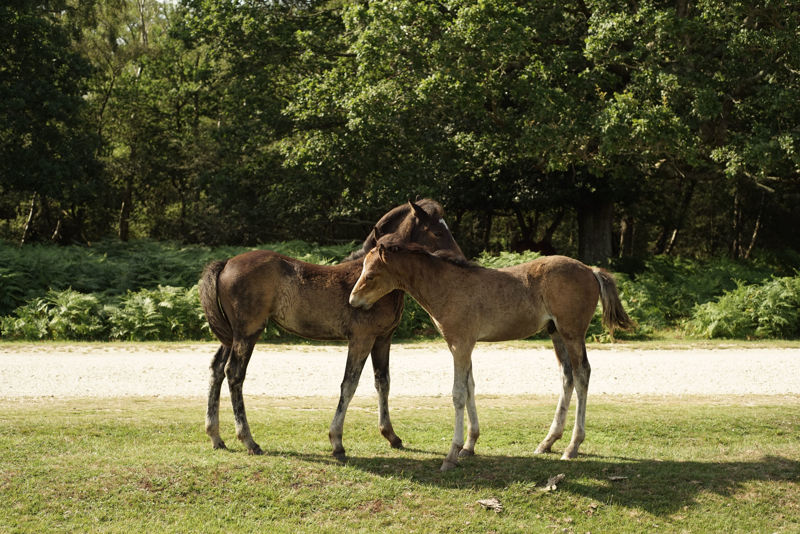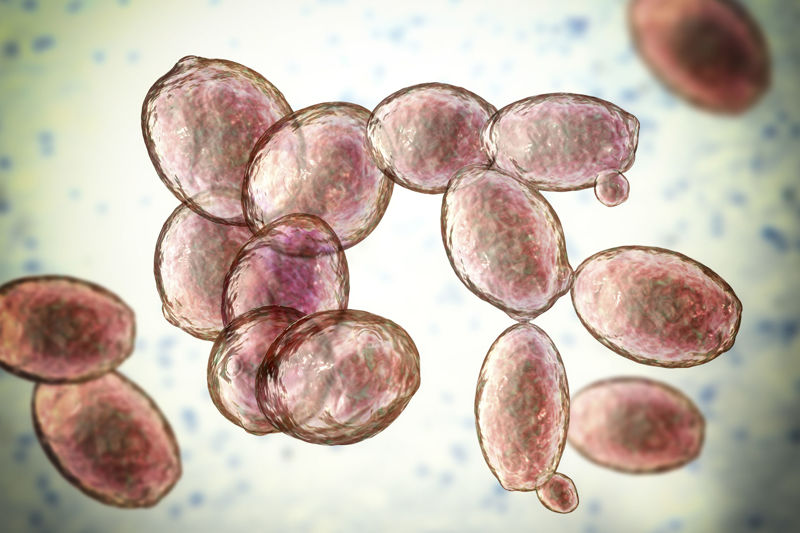Many of us will enjoy a break from routine over the Christmas period and of course this means we can spend more time with our horses! We share a few of our Top Tips for enjoying the Christmas break with your horse - and your friends.
Horses are seasonal breeders and the breeding season for horses in the northern hemisphere generally lasts from April to October. Anouk Frieling, MSc Equine Sciences, BSc (Hons), discusses the nutrition of the stallion...
In issue 4 of The Journal for Equine Nutrition, guest contributor Alison Morris takes an in-depth look at Equine Metabolic Syndrome, the risk factors associated with it and how horses with this condition can be managed.
Feedmark's Senior Nutritionist, Anouk Frieling, looks at Vitamin E, its many important roles within the body and what happens when there is a Vitamin E deficiency.
Horses are seasonal breeders and the breeding season for horses in the northern hemisphere generally lasts from April to October. Anouk Frieling, MSc Equine Sciences, BSc (Hons), discusses the nutrition of the stallion...
Feeding horses seems to have become a complicated business. This short article written by Dr. Stephanie Wood outlines the key points to consider when deciding what to feed your horse and in what quantities...
Essential fatty acids have become a common topic when discussing equine nutrition, mainly due to our increased understanding of their integration into cells and tissues, and their important functions in physiological processes. Dr. Stephanie Wood reviews the structure and function of essential fatty acids...
Minerals have important functions in the horse’s body and therefore are an essential part of the horses diet. Senior Nutritionist, Anouk Frieling investigates the benefits of chelated minerals in equine nutrition.
Feedmark Nutritionist, Abigail Malone, reviews the nutritional requirements of growing foals from weaning to twelve months.
Dr. Helen Warren explains what pre- and probiotics are and how you can support your horse’s intestinal health.
